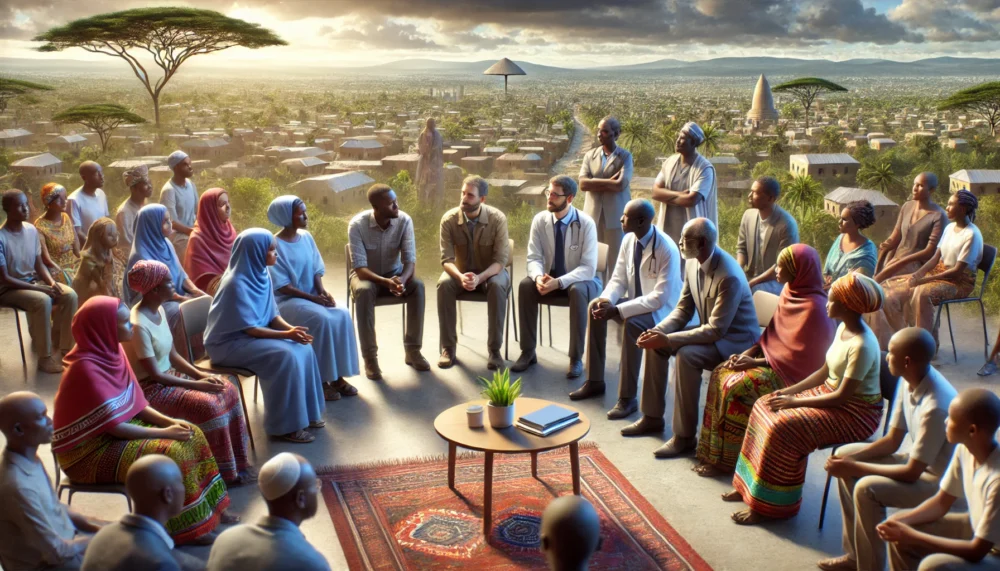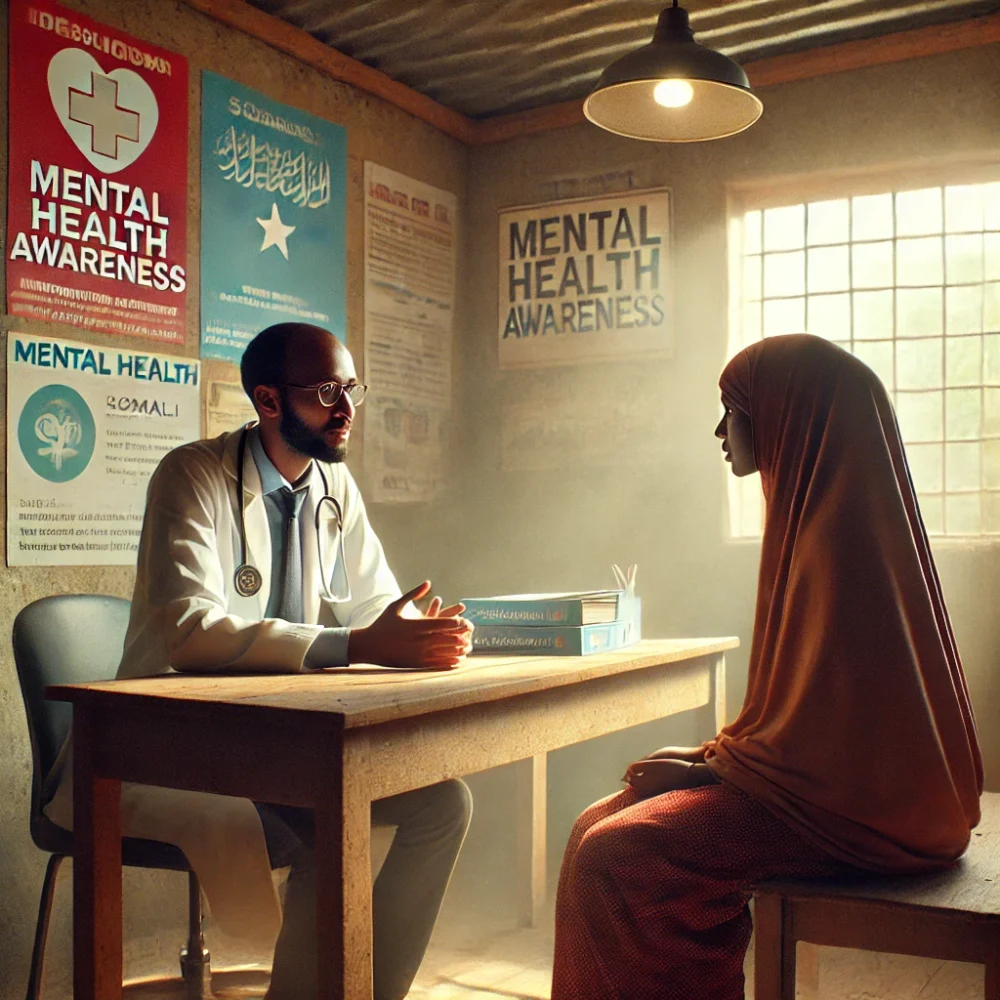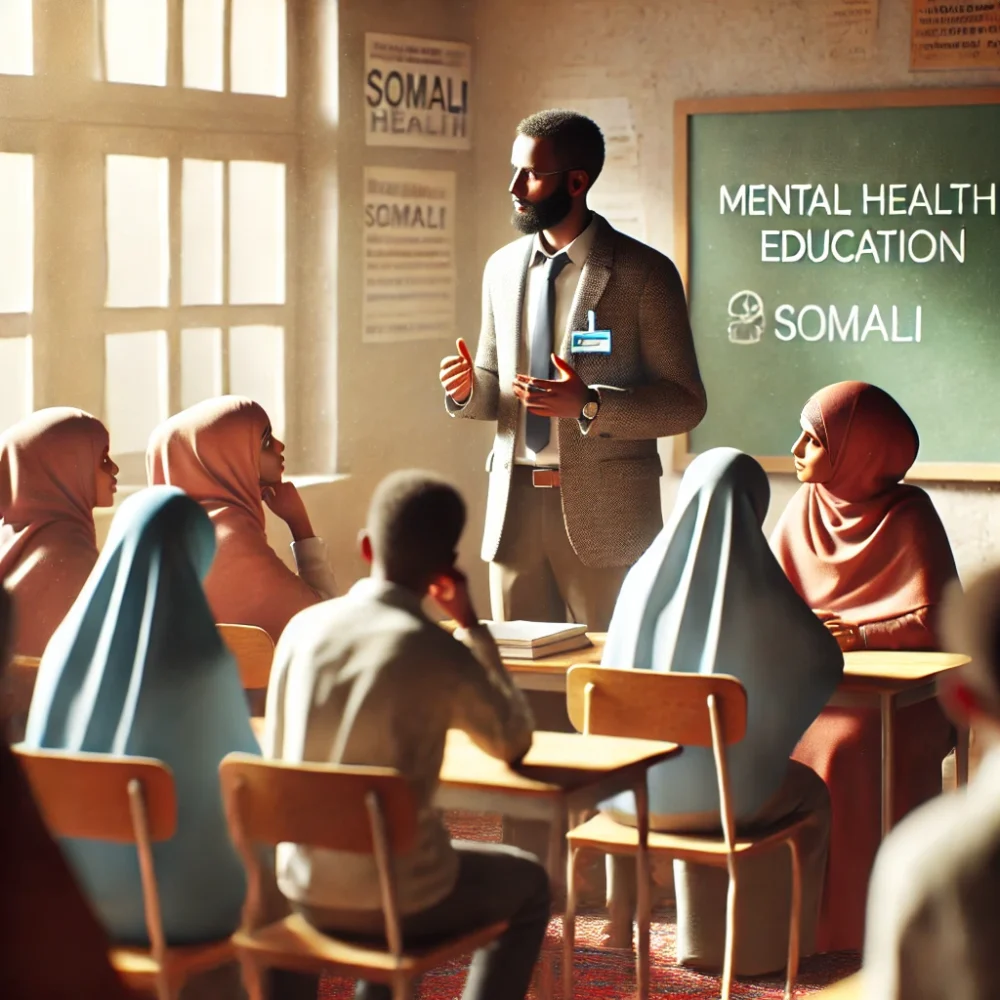Mental health remains a heavily stigmatized topic in many parts of the world, and East Africa is no exception. Societal misconceptions, cultural beliefs, and inadequate healthcare resources have contributed to a lack of awareness and accessibility to mental health care. However, as more discussions emerge and organizations advocate for change, there is a growing movement toward breaking the stigma surrounding mental health in the region.
The Reality of Mental Health in East Africa
Mental health disorders such as depression, anxiety, PTSD, and schizophrenia affect millions of people in East Africa. According to the World Health Organization (WHO), Africa has some of the highest rates of untreated mental health conditions due to factors such as limited healthcare services, lack of trained professionals, and the prevalence of traditional beliefs that often associate mental illness with spiritual or supernatural causes.
Cultural and Societal Stigmas
In many East African communities, mental illness is often misunderstood. Common misconceptions include:
- Mental health conditions are a sign of weakness or personal failure.
- Mental illnesses are caused by witchcraft, curses, or supernatural forces.
- People with mental health conditions are dangerous or incapable of leading normal lives.
These beliefs create fear and discrimination, making it difficult for individuals to seek help. Families may feel ashamed or hide their loved ones’ struggles rather than seeking medical intervention. As a result, many people suffer in silence without receiving the necessary treatment and support.
The Role of Religion and Traditional Beliefs
Religious and traditional healing practices play a significant role in addressing mental health in East Africa. Many individuals turn to faith leaders, herbalists, or spiritual healers for guidance. While these practices provide emotional and social support, they sometimes discourage medical interventions, reinforcing the stigma surrounding professional mental health care.
The Impact of Stigma on Mental Health Care Access
The stigma associated with mental health often prevents individuals from seeking help due to fear of being judged, labeled, or even ostracized from their communities. This leads to:
- Delayed diagnosis and treatment – Individuals may wait until their condition worsens before seeking medical help.
- Underfunded mental health services – Governments and private institutions may prioritize physical health services over mental health care.
- Lack of trained professionals – East Africa faces a significant shortage of psychiatrists, psychologists, and counselors.
Breaking the Stigma: Steps Toward Change
Efforts to break the stigma and improve mental health awareness in East Africa include:
- Public Awareness Campaigns
Organizations and advocates are using media, social platforms, and community events to educate people about mental health. - Incorporating Mental Health Education in Schools
Teaching young people about mental wellness can foster understanding and create a supportive future generation. - Training More Mental Health Professionals
Encouraging more medical professionals to specialize in mental health will improve access to care. - Community-Based Mental Health Support
Establishing local mental health programs in villages and towns can provide accessible care for those in need. - Policy and Government Intervention
Governments must allocate more funding and develop policies that integrate mental health into primary healthcare systems.
Conclusion
The journey to breaking the stigma around mental health in East Africa is ongoing, but progress is being made. By challenging misconceptions, improving healthcare access, and promoting education, communities can create a more inclusive and supportive environment for those struggling with mental health conditions. It is time to shift the conversation and recognize mental health as an essential part of overall well-being.





